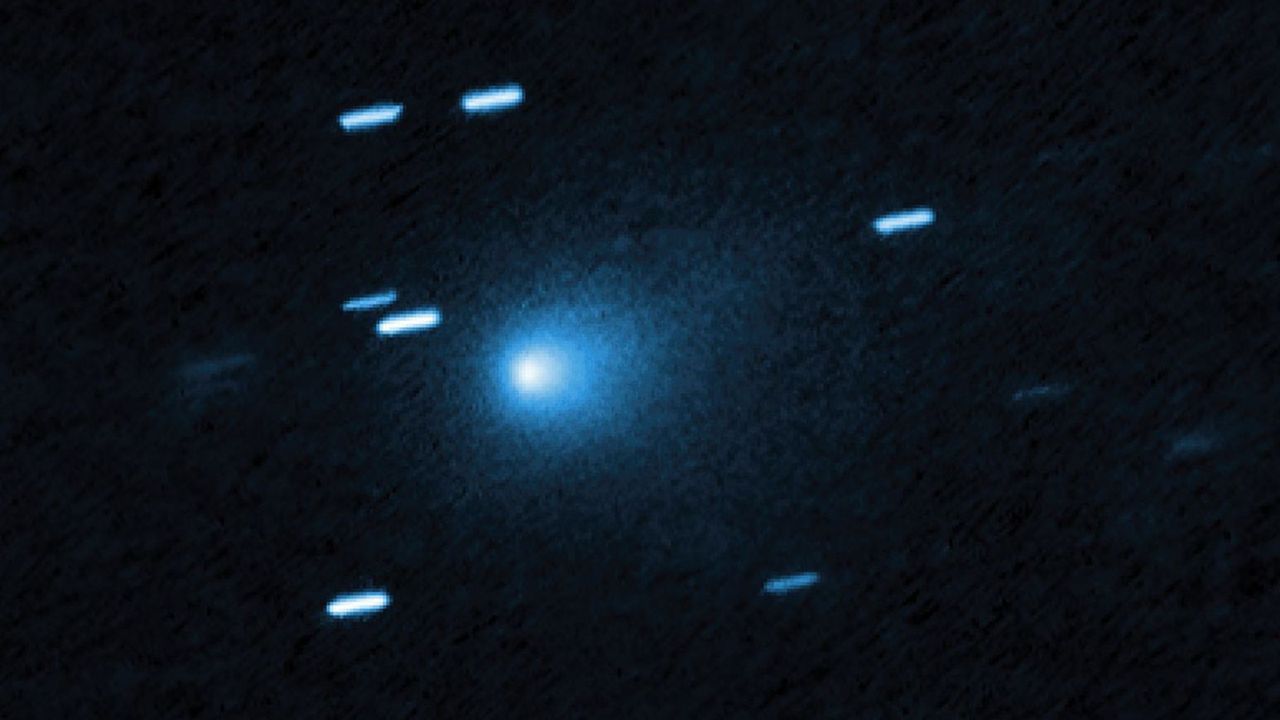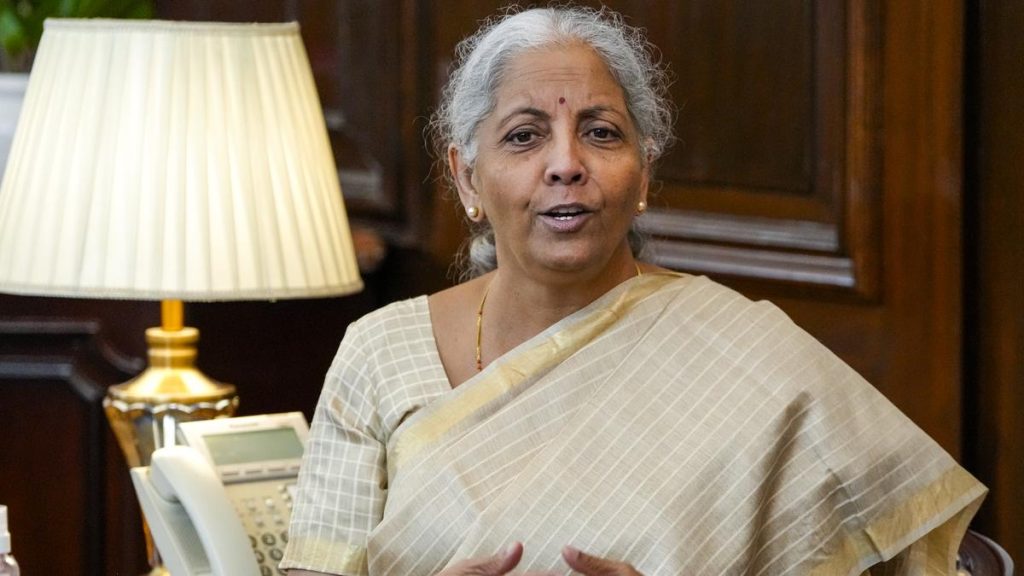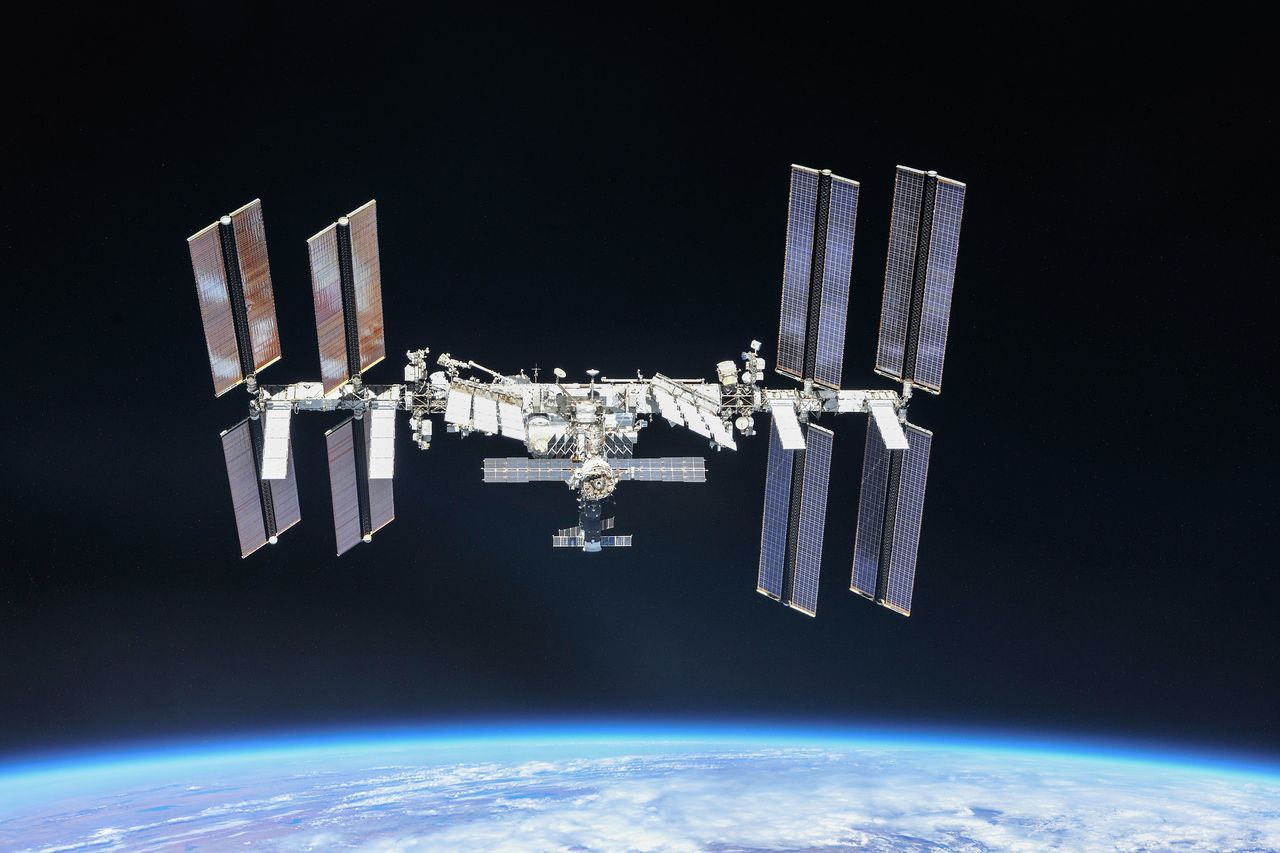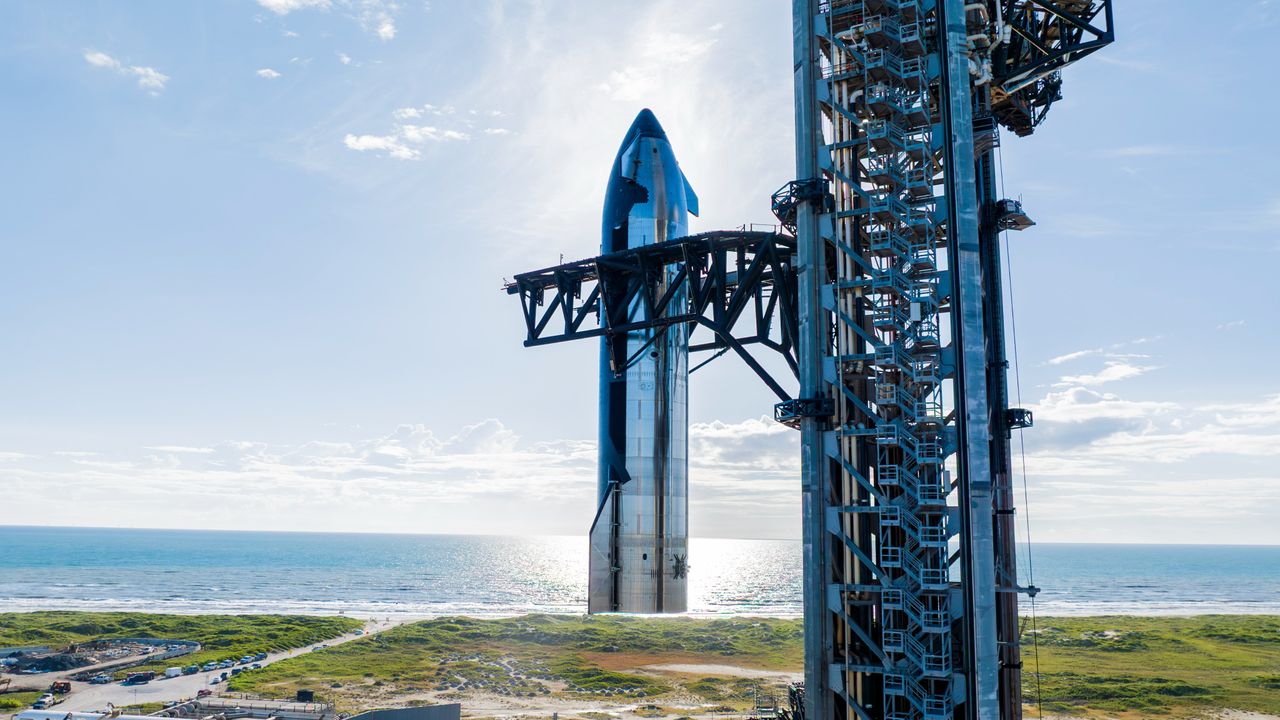Now Reading: Comet 3I/ATLAS: Are Interstellar Visitors Seeding Exoplanets Across the Universe?
-
01
Comet 3I/ATLAS: Are Interstellar Visitors Seeding Exoplanets Across the Universe?
Comet 3I/ATLAS: Are Interstellar Visitors Seeding Exoplanets Across the Universe?

Rapid Summary
- New Theory on Planet Formation: Interstellar objects like comet 3I/ATLAS, discovered this summer, could play a role in the formation of exoplanets around young stars by serving as “seeds” for planet growth.
- Scientific Insight: Professor Susanne Pfalzner presented research at a joint meeting suggesting captured interstellar bodies help bypass barriers in customary accretion processes.
- Simulation Findings: Models predict young star disks may capture millions of interstellar objects, facilitating faster planetary formation.
- Connection to Gas Giants: This mechanism may explain why Jupiter-like gas giants predominantly form around massive stars despite their short-lived protoplanetary disks (~2 million years).
- Efficiency in Massive Stars: Higher-mass stars are more efficient at capturing these interstellar visitors, providing quicker pathways for giant planet creation.
- Discovery Significance: The detection of comet 3I/ATLAS – the third confirmed interstellar object – suggests such bodies might be far more common than previously believed.
Indian Opinion Analysis
The theory that interstellar objects might act as foundational building blocks for planetary formation adds an exciting dimension to our understanding of cosmic evolution. If confirmed, this discovery could offer a deeper clarification for observed planetary trends across solar systems. India has an emerging presence in space science and exploration through organizations like ISRO; such foundational breakthroughs present opportunities for academic collaborations and inclusion in advanced astrophysical studies.
moreover, India’s interest in fostering STEM fields can benefit from integrating cutting-edge cosmological research into its academic and industrial ecosystems. As a notable example, the implications from theories about faster gas giant formations align well with India’s aspirations to scale its ambitions within astronomy or planetary observation missions.
This study underscores how international research contributions can enrich collective scientific knowlege-a principle that resonates well with India’s emphasis on global cooperation in space advancements.























